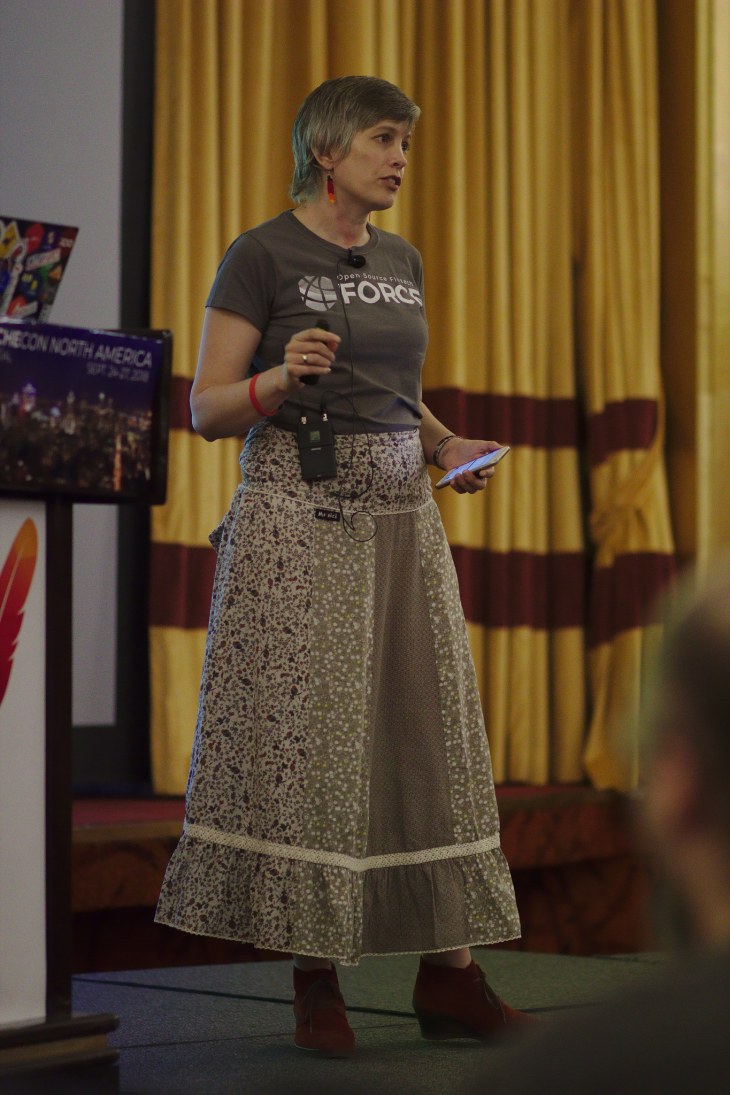It’s the middle of the night, just hours before my return flight home, and can’t sleep. The tape recorder inside my mind continues to play and won’t stop. And so, much like my first Apachecon, I choose to write rather than toss and turn.
The theme of this week’s entry is ‘Why ApacheCon’. I mean, after seven trips, on both sides of the pond, one might expect to grow weary of the routine. I’m not saying that I don’t like traveling. It’s just that, well, after almost thirty years as a professional software developer, I’ve had my fair share.
But here’s the deal, it’s not the trip that makes it worthwhile although I’ll admit the venues are always nice. Certainly Montreal in September is not a bad gig.
It’s the people, and their stories, that make this event special.
A perfect example is Cliff Schmidt, founder of Amplio, who left a lucrative technology career, to pursue a new mission — saving lives in Africa through education via starting a non-profit that supplies battery operated listening devices, i.e. ‘talking books’, to poor rural farmers in Ghana.

Cliff Schmidt
Another example of Apache members doing good is Myrle Krantz who’s mission is building an open source system for core banking as a platform. The reason? To provide a reliable and affordable solution for the world’s 2 billion unbanked, via Apache Fineract.
There’s also Justin McClean, who’s working on an incubating project to provide a real-time operating system featuring a robust and reliable platform to run embedded systems, a.k.a IoT. The project is Apache Mynewt. With Mynewt the playing field has been leveled, opening the dedicated hardware market to anyone with a good idea and access to a cheap embedded processor.

Justin McClean
And Christopher Dutz who’s striving to break Siemens’ stranglehold on the programmable logic controller market, to offer cost-effective options to gather their data, for small to medium-sized manufacturing facilities. His incubating project is Apache PLX4J. This affords small business’ the same capabilities of command and control of their equipment, enabling them to compete with giant corporations

Christopher Dutz
Or how about Daniel Ruggeri, who’s taken it upon himself to create (and teach) a college-level course on how to introduce a successful open source practice into the enterprise. This brings more talent in, enabling innovation, across a broader spectrum of companies.

Daniel Ruggeri
What do these people have in common? Bringing about positive change in the world, via open source projects.
This is why I come to ApacheCon. It’s not the beautiful venues. It’s not the education and learning. It’s not the fun gatherings. (Although these things are good too of course.)
It’s so that I may be inspired by stories such as these.







